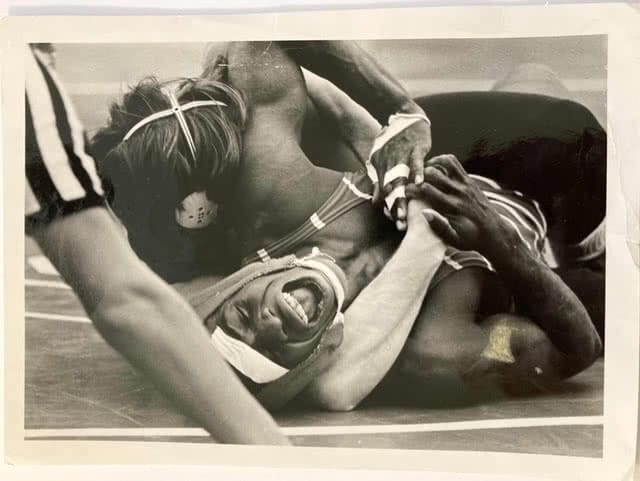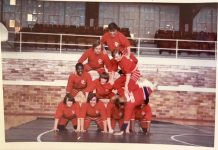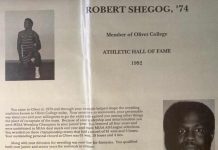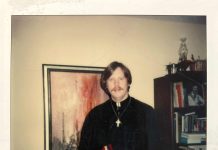For nearly ten years, I pestered my high school wrestling coach, Robert Shegog, to write his autobiography. He never said no, only laughed and suggested that his life was not something others wanted to learn about. I respectfully disagreed.
Coach Shegog, as we still call him today, is one of the oldest living people with HIV. He received his diagnosis in 1986, five years before Magic Johnson. Treatment and outcomes during this time were so poor that contracting the virus was a death sentence. Coach Shegog lost numerous loved ones to the virus, and he suffered multiple bouts with the often fatal opportunistic pneumonias.
Yet he persisted. Driven by his passion for wrestling, each time he got back on his feet so he could be there for the wrestling team. HIV had to wait because Coach Shegog didn’t have time to die. He needed to make sure his students were on track with their classes, able to graduate high school, and ready to continue their postgraduate pursuits. He knew everything about his kids and made sure they knew nothing about him. They never knew when he was sick. They never met the man he loved. They never knew he had to abstain from some critical wrestling moments to be with his dying partner.
He knew coaching wrestling wouldn’t have been an option had people learned the truth about him in the 1980s, 1990s, and possibly in the 2000s. He lived a lie and did so for the sake of his students. For my sake. I recall my fourteen-year-old self as a freshman in high school and wonder, “Would I have been mature enough to join the wrestling team if I knew the truth about my coach?” It brings tears to my eyes because I know there’s a good chance that I would never have wrestled had I known. I would have missed out on all the life lessons, so much character building, and who knows what kind of life would have resulted. I wouldn’t be surprised if many other students had similar feelings.
That is why in October of 2020, I strongly suggested once again to Coach Shegog that he needed to tell his story. Only this time, I offered to write it for him. After weeks of internal debate about whether he wanted to open up to the world, he finally agreed as he realized what telling his story could mean to people. Writing Wrestling with the Truth has been a true labor of love. Helping this man, who did so much for thousands of students, is one of the highest honors in my life. I hope you read his story and feel the same life-changing inspiration that I, and many others, were privileged to share.
Nick Kehagias, 2022



